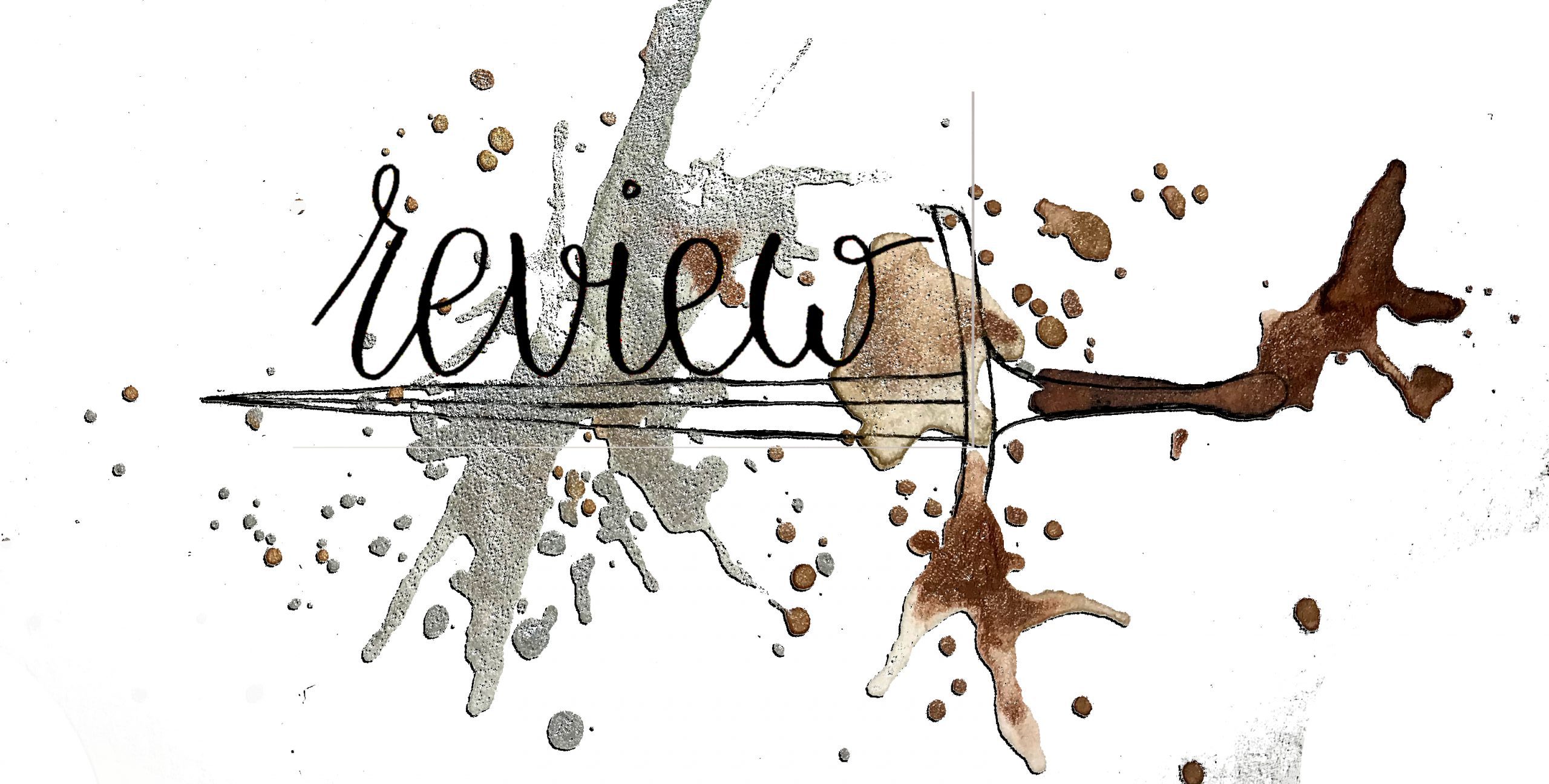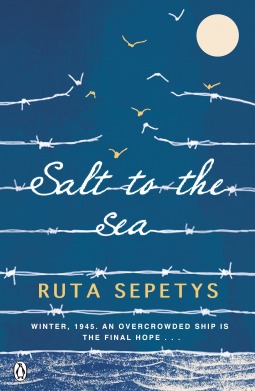I thought I was in the mood for happy and funny books only but then I spied Salt to the Sea on my shelves and I suddenly had that urge to read it. So I picked it up, knowing full well what it was about.
What is it about?
War-torn Germany. Four young people. Four dark secrets.
They come from different lands but each of them is hunted, and haunted, by tragedy, lies … and war.
As thousands of refugees flock to the coast, desperate to escape the advancing Red Army, the paths of four young people converge. All are hoping to board the Wilhelm Gustloff, a ship that promises safety and freedom.
Yet not all promises can be kept.
(goodreads)
Book: Salt to the Sea | Author: Ruta Sepetys | Publisher: Puffin | Published: 04.02.2016 | Pages: 391 | Genre: historical fiction | TW: blood, bombing, wounds, rape (mention), racism, sexism, war, suicide (mention), murder, betrayal
What did I think?
I know my history. So of course I knew what would happen towards the end of the book. And while I was prepared, I was not prepared for the feelings the whole story put into me. I always had a queasy feeling in my stomach, a sense of foreboding, yet I couldn’t help getting attached to 3/4 protagonists. I was afraid for them, as I was for every other person on those ships and in this region. A lot of this book hit very close to home since it’s also part of my family’s history. It’s historical fiction, but so much of it has happened in reality and I can’t help but grieve for all those people who had to suffer from it and still have to suffer.
Whew. That said, let’s get to the actual reviewing in this review.
“Ships capacity: 1,463
Passengers on board: 10,573
Lifeboats: 22
But then I remembered.
Ten of the lifeboats were missing.”
I ENJOYED
- The short chapters. That’s the first thing I noticed about the book. The chapters are only two to four pages long, each one told from another perspective. I loved that even though they were so short, so much was said in them, in words and between the lines.
- The perspectives. Every character brings a unique point of view to the story. There’s Florian, an art restorer from Tilsit who hides a secret that might or might not kill him. Then we have Joana, a Lithuanian nurse allowed to go live in Germany and Emilia, a Polish girl who despite the things she suffered through has so much hope and strength. The fourth protagonist is Alfred, a young German from Heidelberg who is a devout follower of Hitler.
While I only liked three of the characters and did not like Alfred at all, every PoV was well written, more and more facettes to each character coming to light with the book’s progress. You could really see why they all were the way they are, their hopes and motives. - The book did not gloss over the terrors of war. It was there in all its ugliness. The death, the fear, all the hate, the waves of hope, the trauma,… it was all there and while not always explicitly written, you still knew.
- The atmosphere. Okay, I didn’t like the atmosphere itself but how it was written and how it came across in tiny words or things the characters did.
- All the research that went obviously into Salt to the Sea. Not only the author’s note confirms this, it’s just something I noticed while I read.
“War had bled color from everything, leaving nothing but a storm of gray.”
I DIDN’T ENJOY
- Historically speaking, there is a lot I didn’t enjoy. But looking solely at the book, this story was just very, very good. Well written, with a hard, awful reality to it. Basically what I want to say is that there isn’t anything that made this a bad book.
So yeah, this is an extremely good book and I’d definitely recommend it to everyone in a well enough mental place to read it. It’s a hard book to read but nevertheless one of the best I’ve read this year.
Rating:





